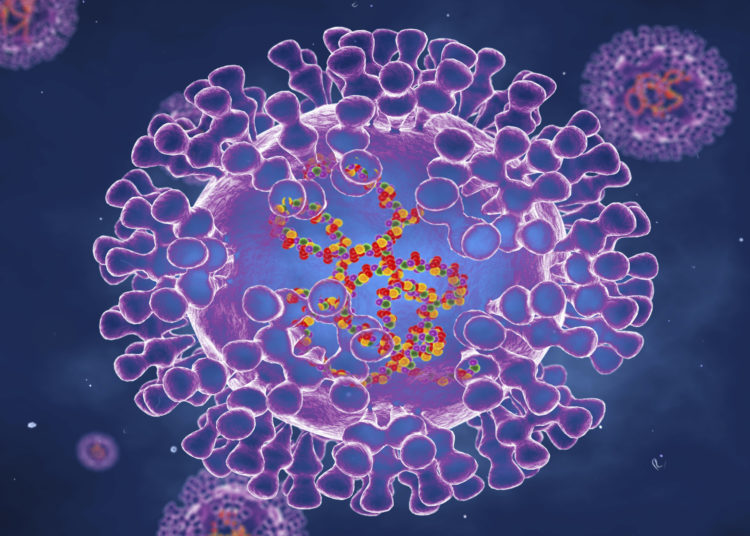The Federal Ministry of Agriculture and Food Security has unveiled five-year framework, developed to safeguard the health and sustainability of aquatic animals.
The National Aquatic Animal Health Strategy, (NAAHS) for Nigeria, (2023 – 2027) , aims to prevent, control and manage diseases in aquatic animals which has pose threat to trade facilitation, livelihoods, food nutrition security, ecosystem health and public health.
The NAAHS covers various aspects of biosecurity, such as disease prevention and control, surveillance and reporting, emergency preparedness and response among others and is expected to benefit thousands of Nigerians who rely on fish farming for their livelihoods and increase fish availability for human consumption.
At the launch of the strategy yesterday in Abuja, the ministry’s permanent secretary, Dr Ernest Umakhihe noted that the implementation of strategy will minimise the negative impacts of aquatic pathogens, protect the health of human population, enhance the resilience of both marine and terrestrial ecosystems within the country and also promote international trade of aquatic animal species.
Represented by the director, Fisheries and Aquaculture, Dr Ime Umoh, the permanent secretary said the framework marked a significant milestone in Nigeria’s commitment to the well-being of aquatic ecosystems, the prosperity of aquatic industry and exploration of potentials of the industry towards food and nutritional security.
According to chief veterinary officer of Nigeria, Dr Columba Vakuru, it is imperative that Nigeria take proactive measures to safeguard the health and well-being of aquatic animals.
He said that the diseases affecting aquatic animals can have severe consequences for food and nutritional security, economy, public health, and the delicate balance of aquatic ecosystems and prioritizing the health of animals, Nigeria can safeguard it’s economy, protecting public health, and preserving natural heritage for future generations.





